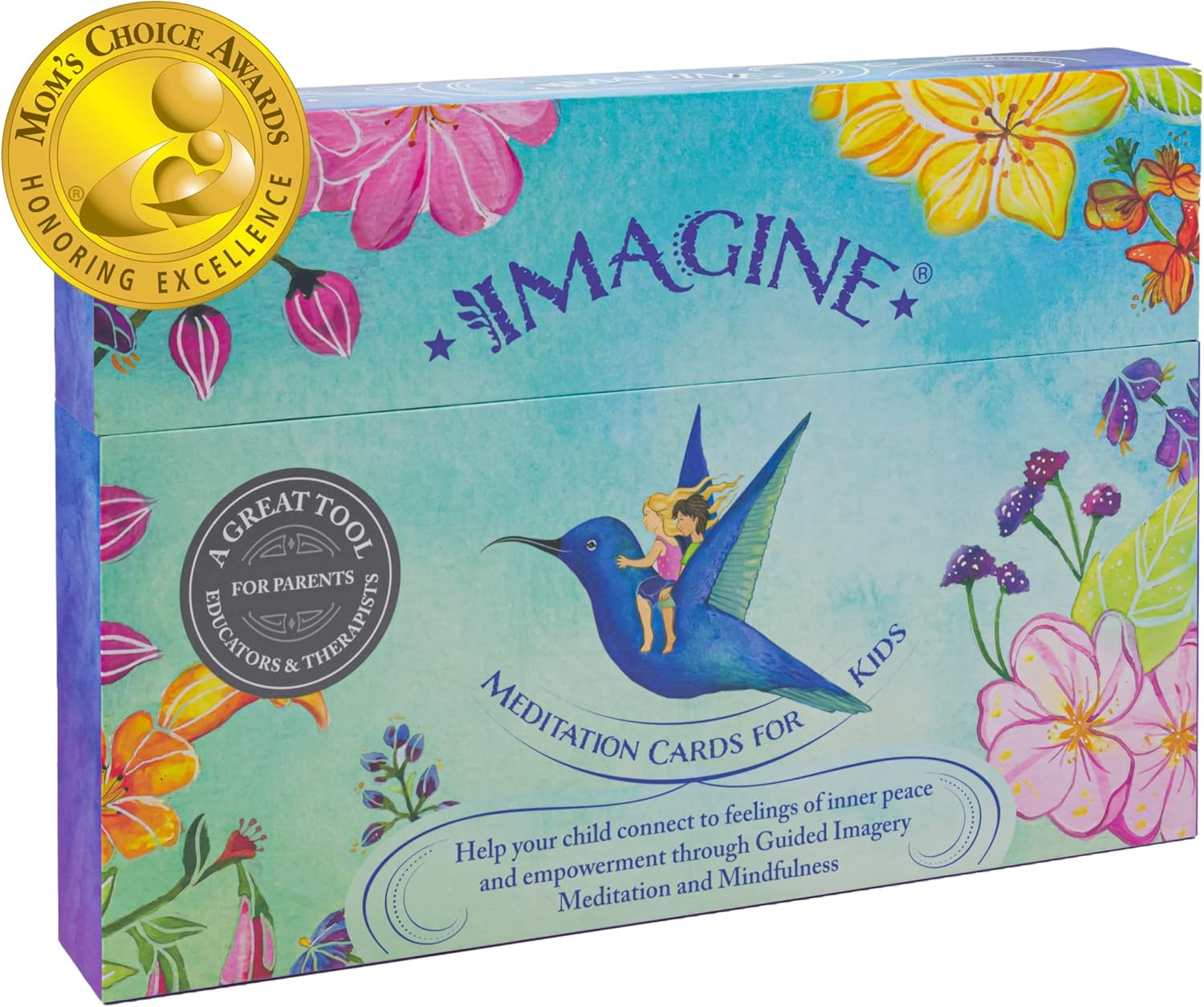Stress. It's a part of life, an inevitable consequence of juggling work deadlines, family obligations, and the never-ending to-do list. While a certain level of stress can be motivating, chronic stress can wreak havoc on our physical and mental well-being. It can manifest as headaches, muscle tension, anxiety, and difficulty sleeping, leaving us feeling drained and overwhelmed.
But fear not! You're not powerless in the face of stress. By incorporating some simple yet effective techniques into your daily routine, you can learn to manage stress effectively and reclaim your sense of calm.
This blog post explores a variety of stress-management techniques, from mindfulness practices to lifestyle adjustments. With a little practice, you can develop a personalized toolbox of strategies to tame the daily grind and cultivate a more stress-resilient you.
Table of Contents
Understanding Stress: The Fight-or-Flight Response
Before diving into stress-management techniques, let's take a quick detour to understand the biology behind stress. When we encounter a perceived threat, our body triggers a primal response known as the fight-or-flight response. This is an evolutionary adaptation designed to help us survive in dangerous situations.
During the fight-or-flight response, our body releases a surge of hormones like adrenaline and cortisol. These hormones increase our heart rate, breathing rate, and blood sugar levels, preparing us to either confront the threat (fight) or flee the scene (flight).
While this response is essential for short-term survival, chronic activation of the fight-or-flight response can have detrimental effects on our health. Over time, it can lead to high blood pressure, weakened immune function, and an increased risk of chronic diseases.
The Impact of Stress on Our Wellbeing
Stress doesn't just affect our physical health; it can also take a toll on our mental and emotional well-being. Here's a glimpse into how chronic stress can manifest:
- Anxiety and worry: Stress can exacerbate feelings of anxiety and make us ruminate over negative thoughts.
- Depression: Chronic stress can contribute to symptoms of depression, such as fatigue, loss of interest in activities, and difficulty concentrating.
- Irritability and anger: Stress can make us more short-tempered and prone to outbursts of anger.
- Sleep problems: Stress can disrupt sleep patterns, making it difficult to fall asleep or stay asleep.
- Difficulty concentrating: When stressed, our minds become flooded with worries, making it challenging to focus on tasks.
Easy Techniques to Manage Stress in Everyday Life
Now that we understand the impact of stress, let's explore some practical techniques to manage it effectively:
Mindfulness and Relaxation Techniques:
- Mindfulness Meditation: Mindfulness meditation involves focusing your attention on the present moment without judgment. It can help quiet the mind, reduce stress hormones, and improve emotional regulation. There are many guided meditations available online or through apps to help you get started.
Simple Mindfulness Exercises:
Here are a couple of simple mindfulness exercises you can try anywhere, anytime:
- 5-4-3-2-1 Grounding Technique: Take a few deep breaths and focus on your senses. Name five things you can see, four things you can touch, three things you can hear, two things you can smell, and one thing you can taste.
- Body Scan Meditation: Lie down comfortably and focus your attention on different parts of your body, starting with your toes and gradually working your way up. Notice any physical sensations without judgment.
- Deep Breathing Exercises: Deep, diaphragmatic breathing can activate the relaxation response, a physiological state that counteracts the fight-or-flight response. Here's how to practice deep breathing:
- Find a comfortable seated position with your back straight.
- Place one hand on your chest and the other on your abdomen.
- Breathe in slowly and deeply through your nose, feeling your belly expand.
- Exhale slowly through pursed lips, feeling your belly contract.
- Repeat for several minutes.
Progressive Muscle Relaxation (PMR):
PMR involves progressively tensing and relaxing different muscle groups in your body. This technique can help release physical tension associated with stress. Here's how to practice PMR:
- Start by tensing and relaxing your toes. Hold the tension for a few seconds, then release completely.
- Repeat the tensing and relaxing with different muscle groups, gradually working your way up your body, from your calves to your thighs, buttocks, stomach, chest, shoulders, arms, hands, neck, and face.
- Focus on the feeling of relaxation spreading throughout your body as you release the tension.
Visualization
Visualization isn't just about creating pretty mental pictures; it has a powerful impact on our neurochemistry and stress response. When we vividly engage our senses in visualization, we activate areas of the brain associated with sight, sound, smell, touch, and taste. This creates a physiological response that mimics the experience we're visualizing.
For instance, picturing yourself lying on a warm beach with waves lapping at your feet can trigger the relaxation response, a state characterized by lowered heart rate, blood pressure, and muscle tension. Research suggests that visualization can decrease the stress hormone cortisol while increasing the production of mood-boosting neurotransmitters like dopamine and serotonin.
This hormonal shift promotes feelings of calm and well-being, making visualization a valuable tool for managing stress and promoting relaxation. Additionally, visualization can be used to rehearse positive coping mechanisms.
By mentally rehearsing how you'd like to respond to a stressful situation, you can train your brain to react more calmly and effectively when faced with real-life challenges. So next time stress rears its ugly head, close your eyes, engage your senses, and visualize your way to a calmer, more relaxed state.
Lifestyle Modifications for Stress Management:
- Regular Exercise: Physical activity is a potent stress reliever. Aim for at least 30 minutes of moderate-intensity exercise most days of the week. Exercise releases endorphins, hormones that have mood-boosting and pain-relieving effects.
- Healthy Sleep Habits: Getting enough quality sleep is crucial for stress management. Aim for 7-8 hours of sleep each night. Establish a relaxing bedtime routine to wind down before sleep and create a sleep-conducive environment in your bedroom.
- Healthy Diet: Eating a balanced diet rich in fruits, vegetables, whole grains, and lean protein can provide your body with the nutrients it needs to cope with stress effectively. Limit processed foods, sugary drinks, and excessive caffeine, which can worsen anxiety and disrupt sleep.
- Time Management: Feeling overwhelmed by a never-ending to-do list can be a major stressor. Learn effective time management skills to prioritize tasks, delegate responsibilities when possible, and set realistic deadlines.
- Limit Social Media: Constant exposure to social media can be a source of stress and envy. Consider setting limits on your social media usage or taking breaks from it altogether.
- Connect with Loved Ones: Strong social connections are essential for emotional well-being. Spend time with supportive friends and family members who can offer emotional support and a listening ear.
- Engage in Hobbies: Make time for activities you enjoy, whether it's reading, listening to music, spending time in nature, or pursuing a creative hobby.
- Learn to Say No: Don't be afraid to say no to additional commitments if you're feeling overwhelmed. Setting boundaries and prioritizing your well-being is essential for managing stress.
- Seek Professional Help: If you're struggling to manage stress on your own, consider seeking professional help from a therapist or counselor. They can teach you additional stress-management techniques and provide support for underlying anxiety or depression.
Cultivating a Stress-Resilient You
Stress is an inevitable part of life, but it doesn't have to control you. By incorporating the techniques outlined in this blog post into your daily routine, you can develop a personalized toolbox for managing stress effectively. Remember, consistency is key! The more you practice these techniques, the better equipped you'll be to navigate daily challenges and cultivate a sense of calm and well-being.
Embrace these strategies to build your stress resilience and create a life filled with greater peace and inner strength.
What are your favorite stress-management techniques? Share them in the comments below! We'd love to hear from you and learn from your experiences.



